by Andreea Gudin
In the labyrinthine world of European Union funding, where billions of euros flow to member states with the aim of promoting sustainable employment, combating poverty, and enhancing social inclusion, a glaring discrepancy emerges.
Amid the convoluted mechanisms and grand ambitions, the EU’s own audit report reveals a common thread among four diverse countries: they all fall short in addressing the needs of persons with disabilities. But the issue runs deeper than mere oversight.
Dissecting the Thematic Objectives
Objective 8: Promoting Sustainable Employment and Labor Mobility;
Objective 9: Combating Poverty, Social Inclusion, and Discrimination;
Objective 10: Investment in Education, Training, and Lifelong Learning
Funding Allocation in the EU
From 2014 to 2020, a staggering €100 billion was allocated under the European Social Fund (ESF) across the EU. This significant financial muscle was meant to bolster employment, fight poverty, and invest in education and training. While these objectives are laudable and critical, it’s the lack of specific funding data for persons with disabilities that sparks a disconcerting revelation.
Missing Pieces in the Puzzle
What this means is that the vast pool of resources, ostensibly designed to improve the lives of marginalised groups, lacks a clearly defined channel for aiding persons with disabilities. With such a broad focus, opportunities are missed to channel financial support to empower this significant segment of society in the realms of employment, education, and social integration.
Not having dedicated funds for this purpose not only raises questions about inclusivity but also makes it challenging to measure the effectiveness of initiatives designed to support persons with disabilities. Without a clear financial trail, it’s near impossible to track whether these programs are actually making a difference in the lives of those they intend to help. The absence of transparency in financial allocation raises concerns about accountability and the prudent use of public funds.
Furthermore, it’s not merely about money; it’s about advocacy, too. The absence of clear financial data can severely hinder advocacy efforts. Those championing the rights and well-being of persons with disabilities rely on data to underscore the urgency of their cause, to demonstrate the need for increased support, and to hold authorities accountable for their promises.
The Overarching Question: Why Did All Four Nations Fail to Respond Effectively?
So, let’s ponder the gravity of the situation: four distinct EU countries, each with varying GDPs and cultural contexts, all share a common flaw when it comes to funding transparency and the effective support of persons with disabilities. It’s not a matter of funds being insufficient; it’s the way the funds are directed that lies at the heart of the issue. The root of this common lack of interest in real results may be found in the intricate pathways through which EU funding navigates.
The Common Denominator
Seeking Transparency in Funding Allocation
Within the complex world of EU finance, the funds are intended to trickle down to individual countries, where they are then meant to be disbursed to support various social and economic goals. Delving deeper into the labyrinth of EU disability funding, one common denominator becomes apparent – the dire need for transparency in funding allocation. The EU’s noble intentions are often hindered by a lack of clear and specific information regarding how these substantial funds are channeled.
However, as these funds meander their way through bureaucratic channels, they often become diluted, diverted, or lost in the system. The result is that despite the hefty budgets at the macro level, the impact at the micro level — where real lives are affected — is disappointingly muted.
Seeking Accountability
What the audit report highlights is not a shortage of funds but a shortage of vision, strategy, and accountability. It points to the need for dedicated funding streams that can be transparently tracked, assessed, and reallocated based on the specific needs of persons with disabilities. It underscores the necessity for a clear and robust monitoring and reporting framework that keeps authorities honest and responsive.
The Quest for Improvement
Advocacy is the lifeblood of change, and it is hobbled without the crutch of data to lean on. The report signals a wake-up call for not only the EU but also for member states to integrate inclusive policies into the core of their funding strategies. This isn’t just about the money; it’s about the lives of millions of persons with disabilities who deserve equal opportunities and equal rights.
The audit report, beyond its numbers, is a reflection of the EU’s pledge to ensure equality and social progress. It’s a reminder that the road to change isn’t just paved with good intentions; it requires commitment, transparency, and an inclusive vision. The lives of persons with disabilities depend on it, and so does the EU’s promise of a more equitable future.
The diplomatic daily newspaper Nine O’Clock does not assume responsibility for the information received and published on the public website. The responsibility for the content lies solely with the issuer of the press release.

The diplomatic daily newspaper Nine O’Clock cannot be held accountable for false information transmitted by the recipients of the press releases/announcements.
The diplomatic daily newspaper Nine O’Clock reserves the right not to publish press releases that contain inappropriate expressions or accusations and violations of the rights of other individuals, guaranteed by the Constitution of Romania.
The content of the website www.nineoclock.ro is intended for public information. Copying, reproduction, recompilation, modification, as well as any form of content exploitation from this website are prohibited. The use of the Comments section signifies your agreement to abide by the terms and conditions regarding the publication of comments on www.nineoclock.ro.


 acum 1 an
214
acum 1 an
214

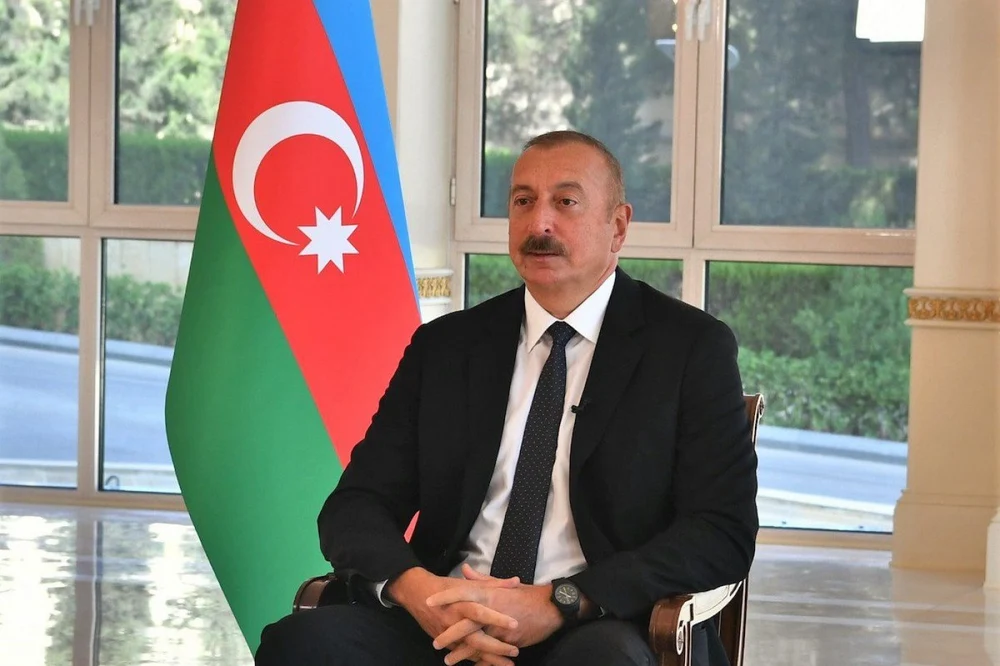

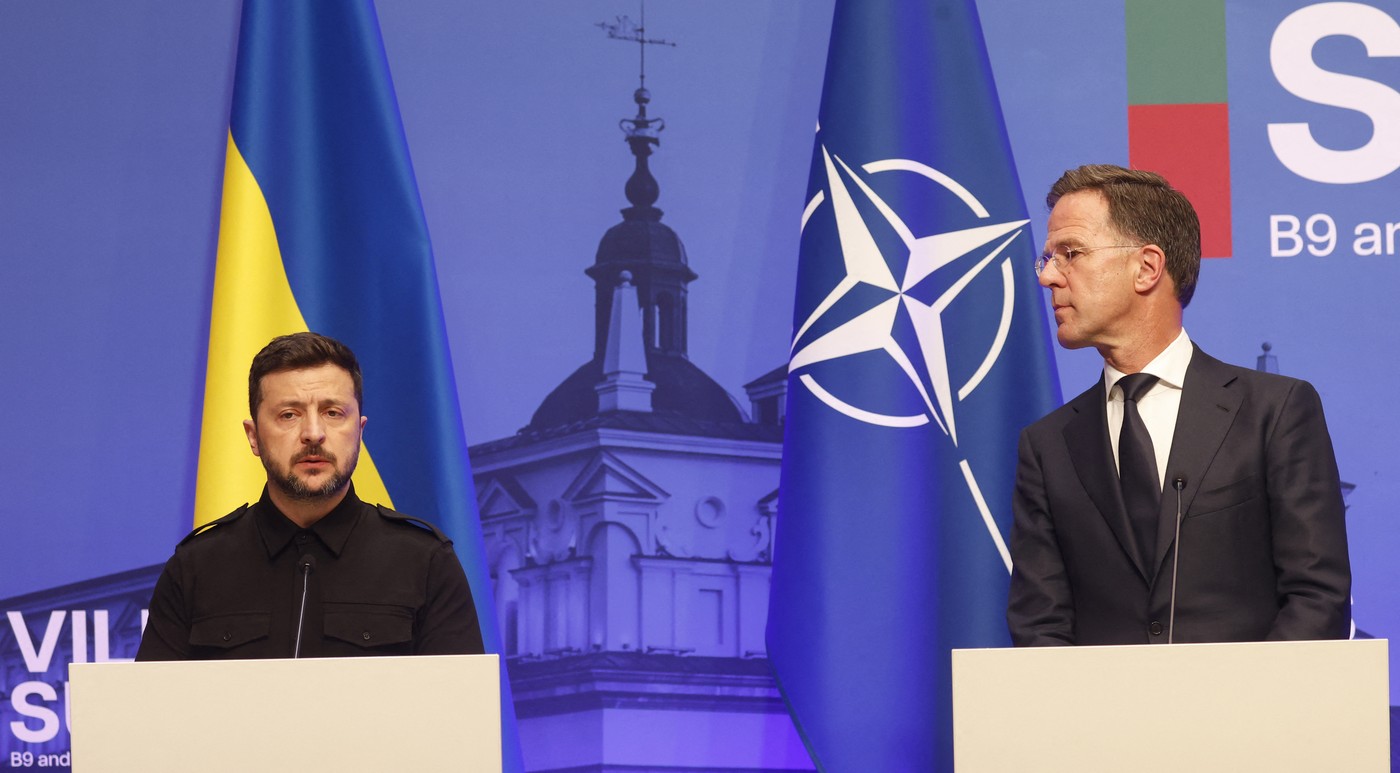
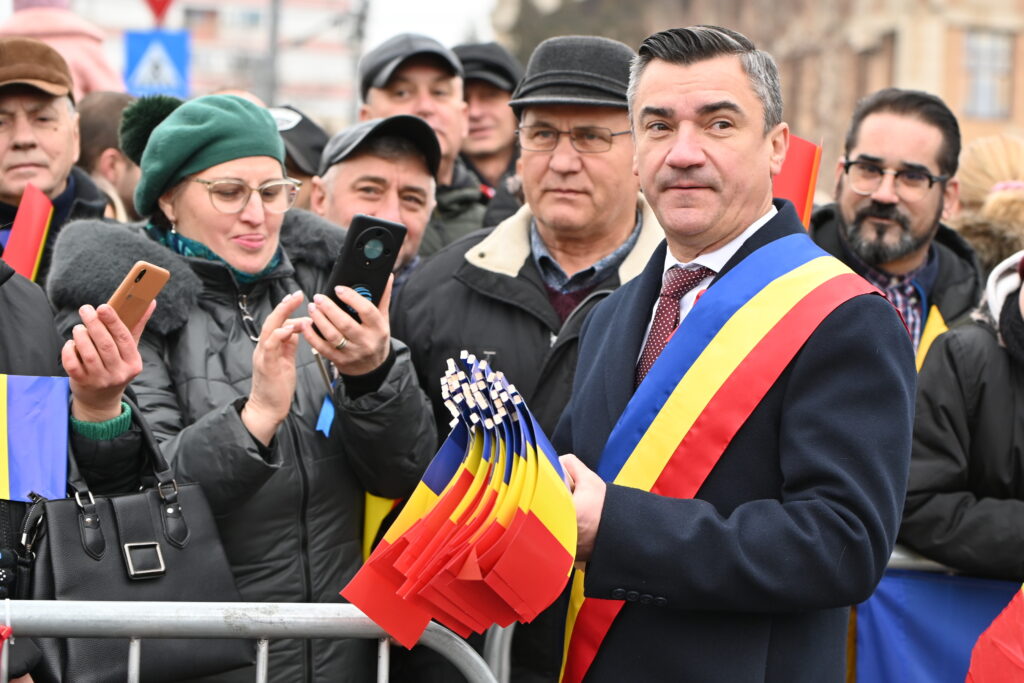
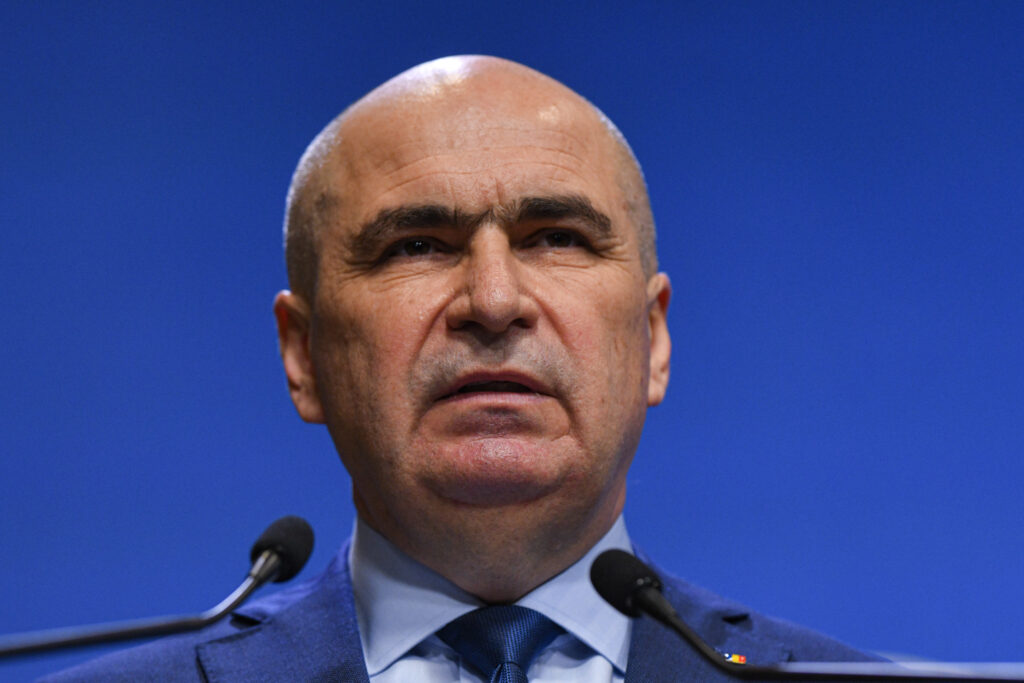








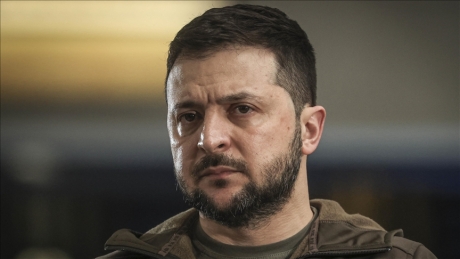





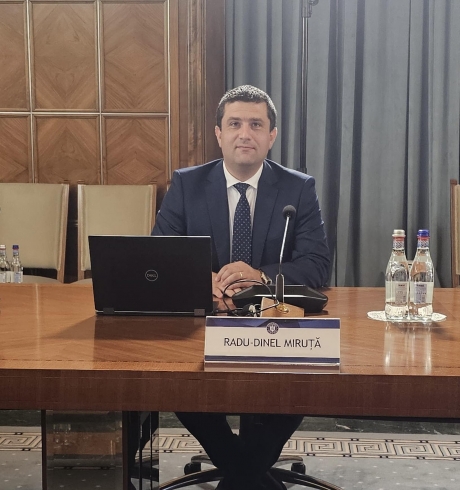


 English (US) ·
English (US) ·  Romanian (RO) ·
Romanian (RO) ·